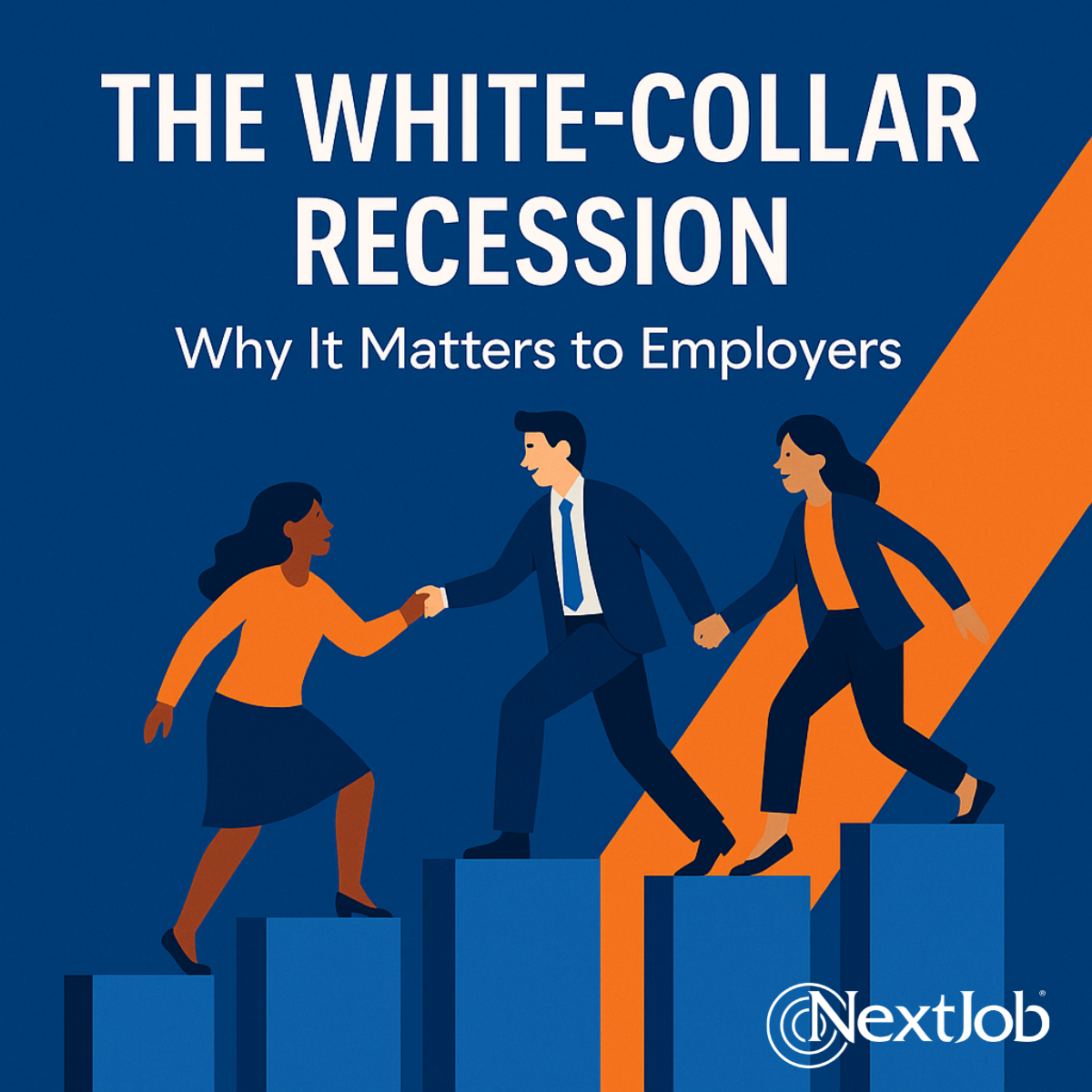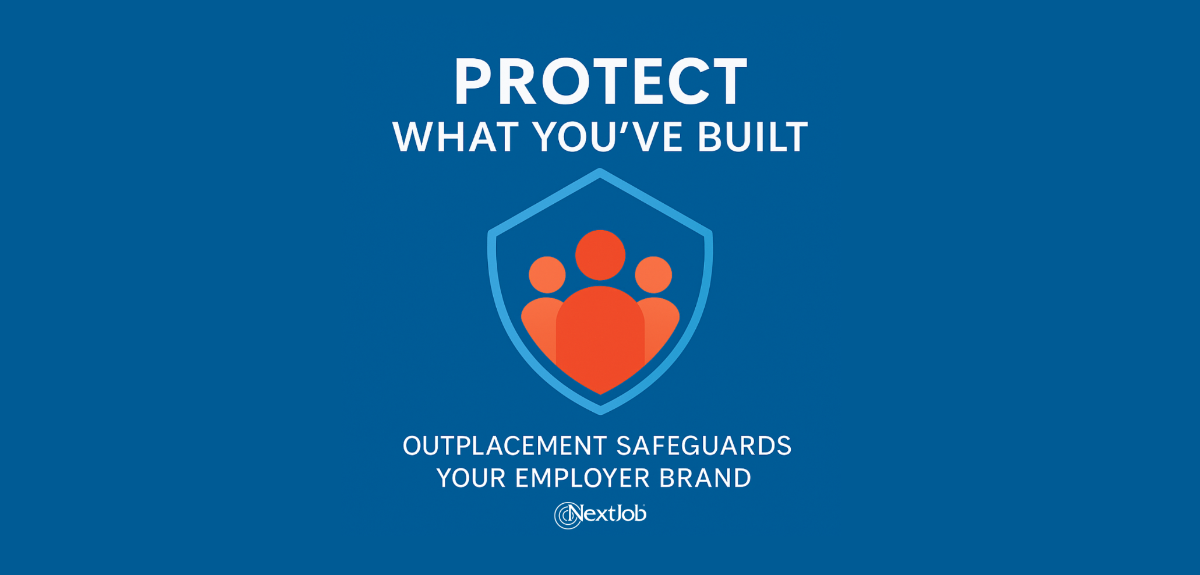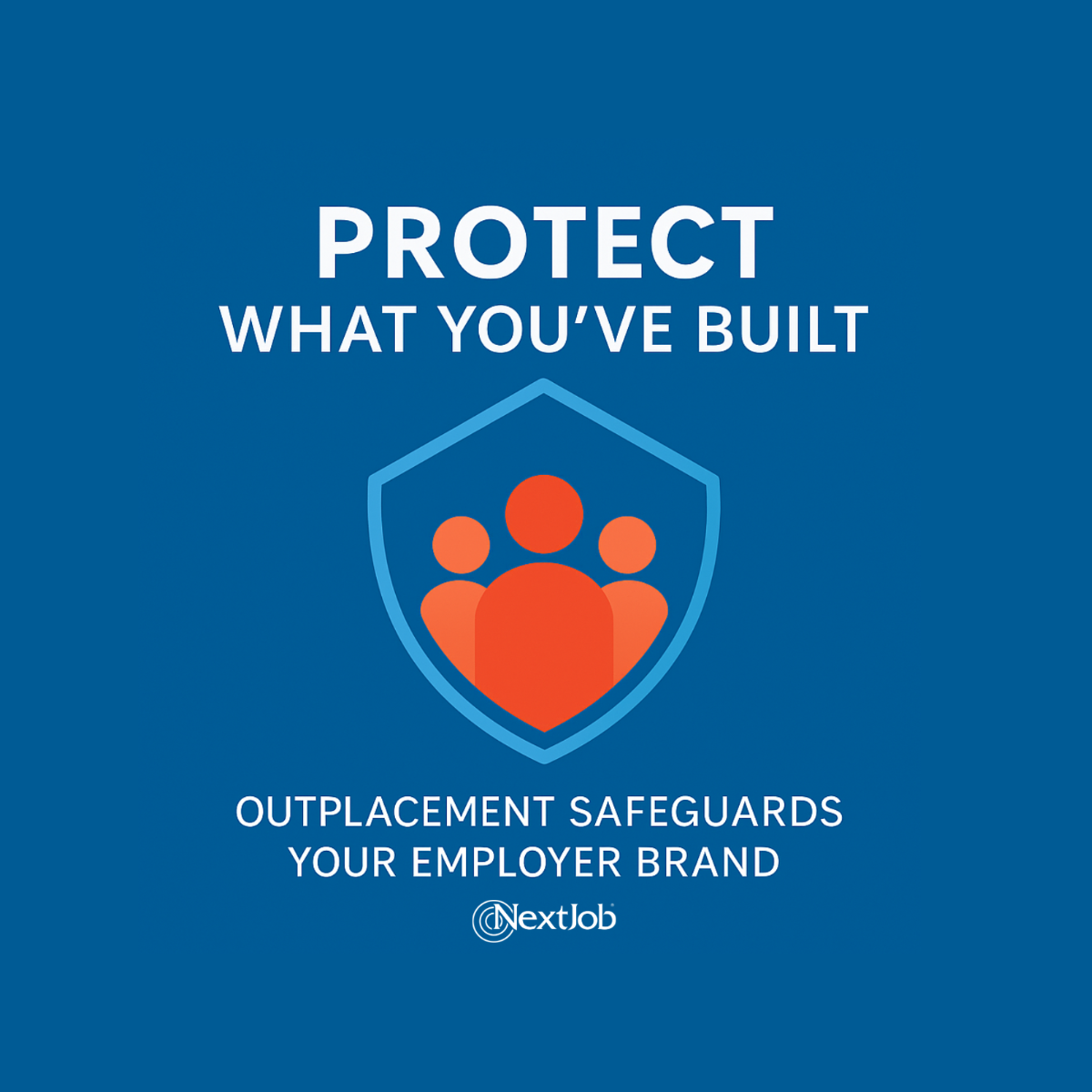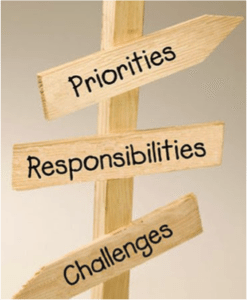
The White-Collar Recession: Why Employers Can’t Afford to Ignore Outplacement Support
For much of the past decade, white-collar roles felt insulated from economic volatility. But that cushion is thinning. The U.S. is experiencing what many economists call a “white-collar recession” — a slowdown concentrated in professional and managerial roles even while headline employment numbers appear somewhat stable.
And for employers, this shift brings implications that extend far beyond headcount decisions.
It affects brand, culture, rehire pipelines, unemployment costs, and the long-term stability of your workforce.

The Data: A Cooling White-Collar Market
A growing body of labor data shows the white-collar job market is tightening faster than the broader economy:
- Nearly 500,000 layoffs in Professional & Business Services occurred in a single recent month, the highest since early 2023.
- Job postings for white-collar roles fell 12.7% year over year, outpacing declines in many blue-collar sectors.
- U.S. public companies have reduced white-collar staffing by 3.5% over the past three years, signaling a deeper structural shift.
- According to HR Dive, 82% of professionals believe a white-collar recession is already underway, and two-thirds report burnout in a stagnant market.
The result: fewer open roles, increased competition, and a job market where displaced professionals land more slowly and often below their previous earnings level.
The Hidden Employer Cost: Long-Term Unemployment
When white-collar employees are laid off during a downturn, they typically face longer unemployment spells, not because of skill gaps, but because of market contraction.
And the consequences are measurable:
- After six months of unemployment, a worker’s odds of returning to full-time work drop 20–40%.
- Beyond one year, the likelihood of returning at the same pay or seniority decreases even further.
- Long-term unemployment erodes confidence, weakens networks, and increases the chance that individuals land far below their potential.
For employers, this isn’t just a personal hardship, it becomes:
✓ Higher unemployment insurance (UI) claim costs
✓ Greater brand exposure during a vulnerable transition
✓ Culture risk among remaining employees
✓ Longer recovery time when business conditions improve
✓ A smaller pool of “boomerang” rehires
Long-term unemployment is not neutral. It compounds, for individuals, and for the businesses that separate from them.

Why Helping People Land Well Protects Employers
A separation is no longer the end of the relationship between employee and employer. In a transparent digital labor market, it’s the beginning of a new chapter, one that reflects directly on your reputation.
1. Former employees become informal brand ambassadors
Employees who feel unsupported are significantly more likely to share negative experiences, publicly and privately.
In a market where job seekers screen employers through reviews, social posts, and peer networks, these impressions carry weight.
2. Strong exits improve morale and culture for those who stay
Remaining staff watch closely how colleagues are treated on the way out. A humane, supportive transition reinforces trust in leadership.
3. UI costs rise when reemployment slows
When labor markets tighten, job seekers without structured support often remain unemployed longer, increasing claim duration and total UI charges.
Outplacement coaching directly reduces those weeks.
4. Talent pipelines matter in a competitive labor market
As hiring rebounds, companies frequently turn to former employees who left on good terms.
Helping people land well increases the likelihood they will return, and recommend others.
5. Employer brand resilience is now a strategic asset
Companies that treat people well during downturns outperform competitors when the market turns. The cost of negative brand impact is far higher than the cost of enabling strong exits.
A People-First Strategy With Measurable ROI
Supporting departing employees isn’t just the right thing to do, it’s a business strategy grounded in data:
- Proactive outplacement coaching consistently shortens unemployment by 60%.
- Satisfaction with supported exits exceeds 95%.
- UI claim duration decreases, protecting budgets when the organization needs it most.
- Employer brand and culture remain strong even through disruptive transitions.
The Bottom Line: In a White-Collar Recession, Landings Matter
Today’s labor market requires more than compliance-based outplacement. It requires human-first, proactive support that helps professionals regain confidence, rebuild momentum, and reenter the workforce stronger, in ways that directly protect employer reputation, cost structure, and long-term talent outcomes.
When people land well, companies land well.
If you’d like to explore how outplacement support can reduce UI costs, protect your brand, and strengthen culture during transitions, contact us at https://www.nextjob.com/contact.

.png)




